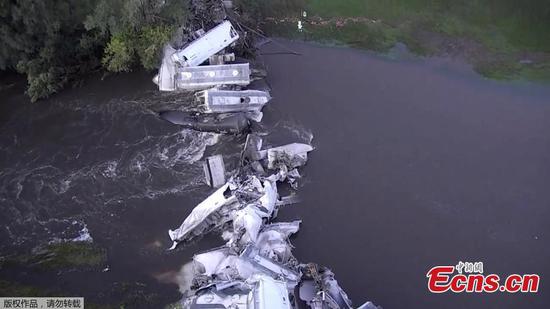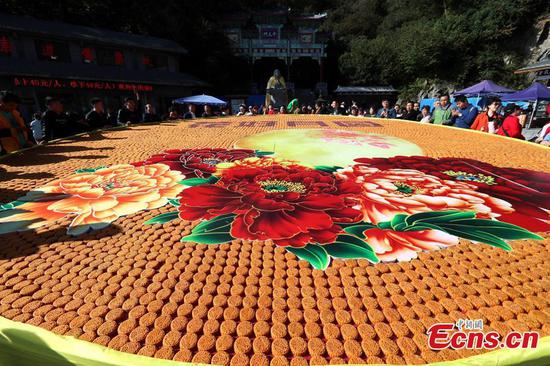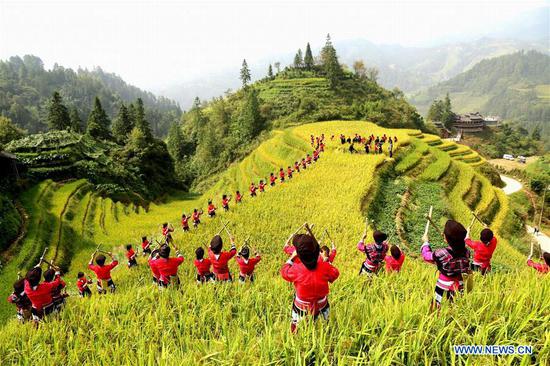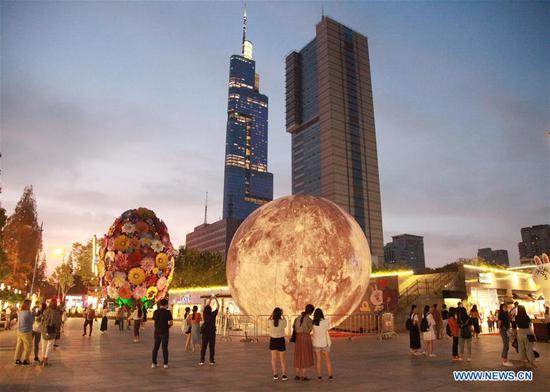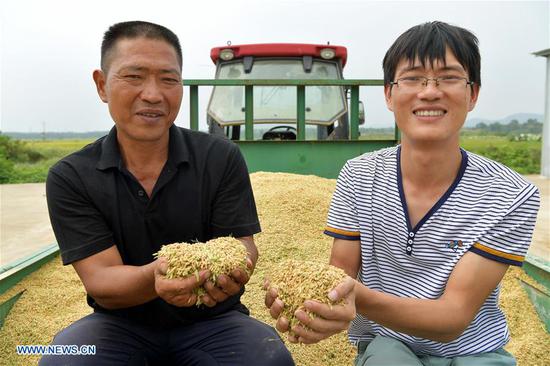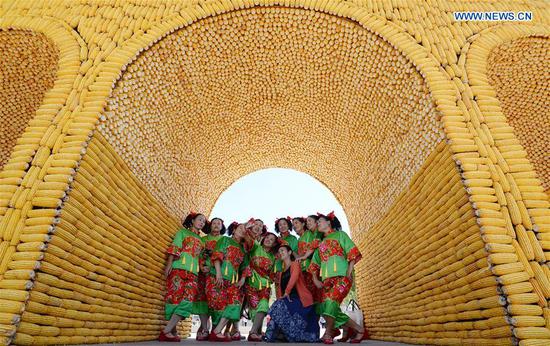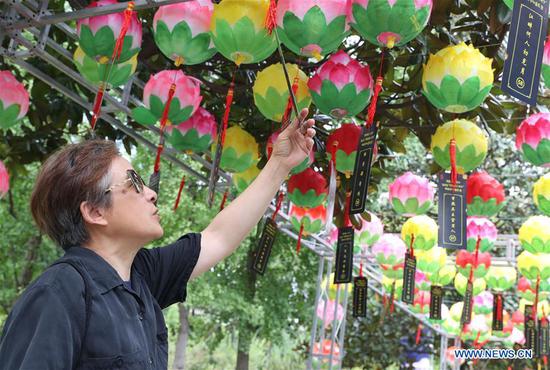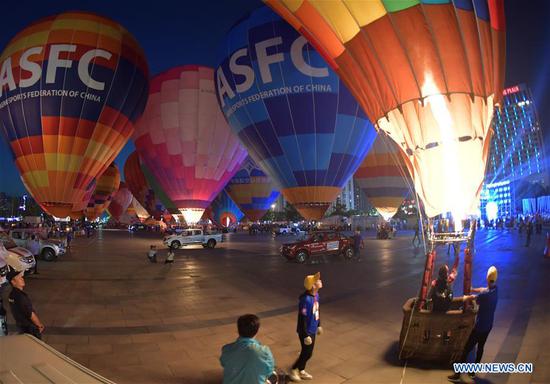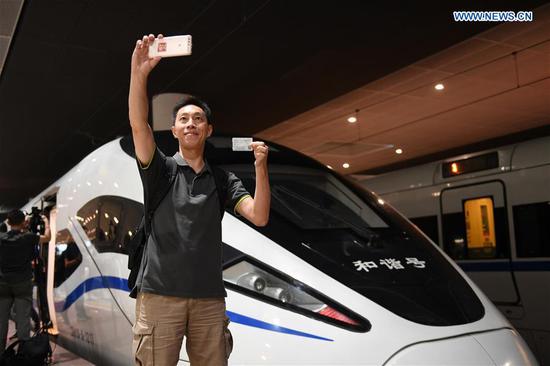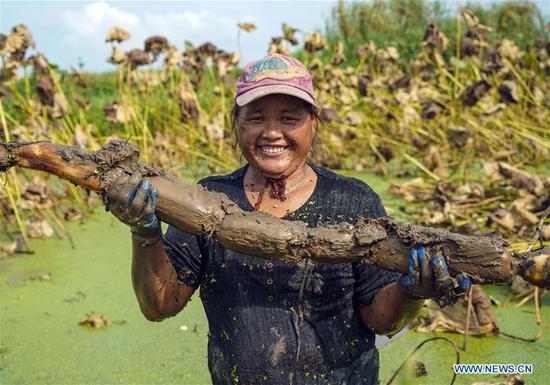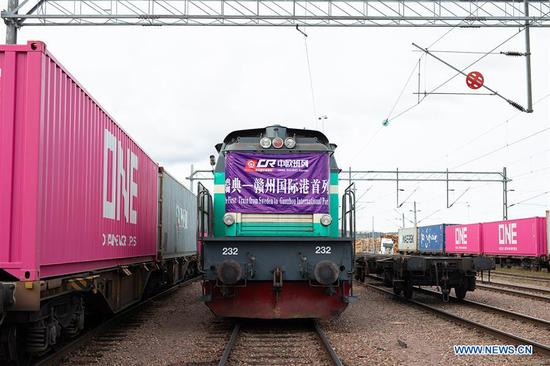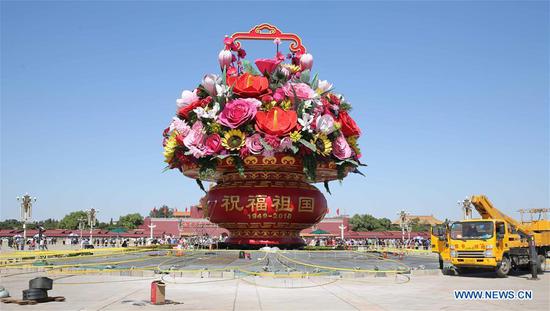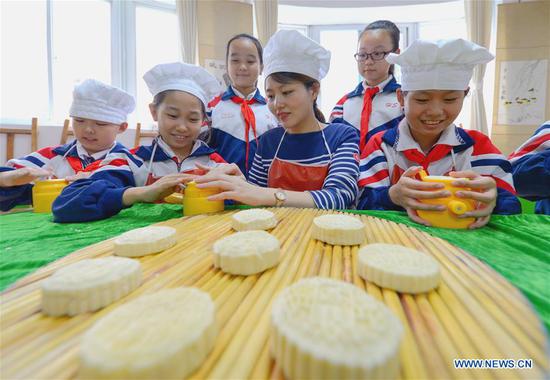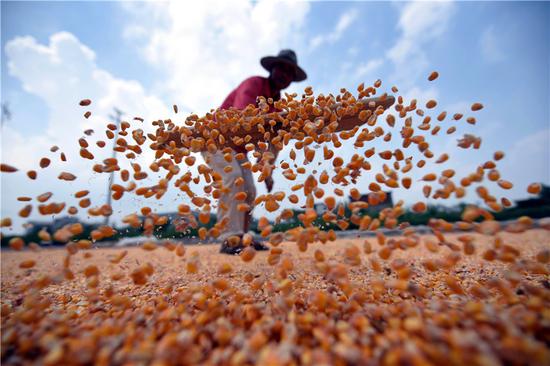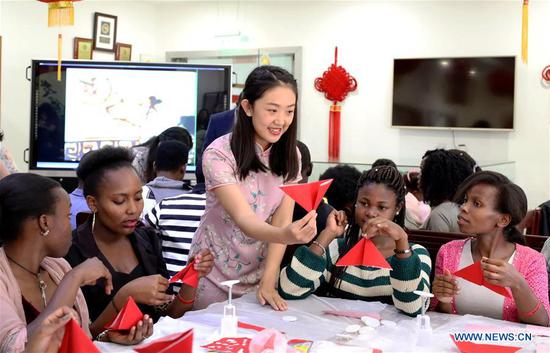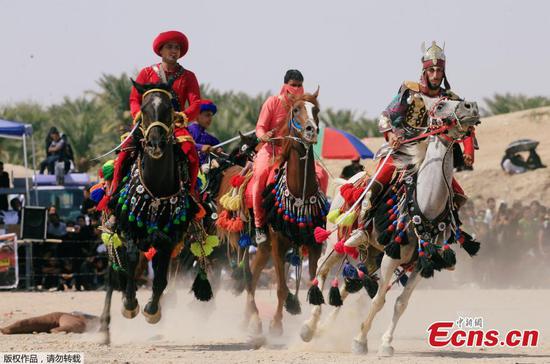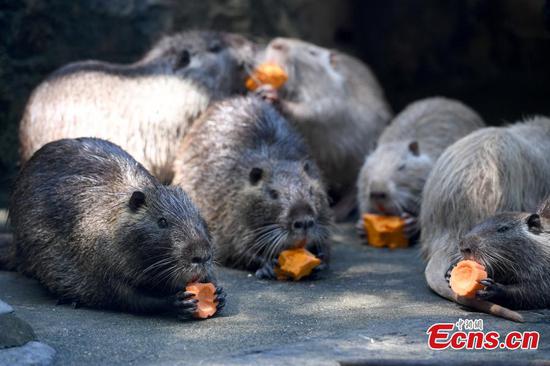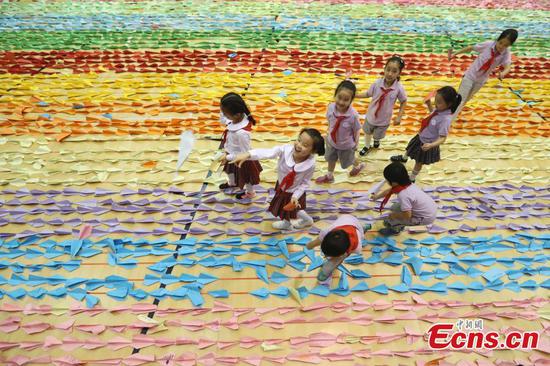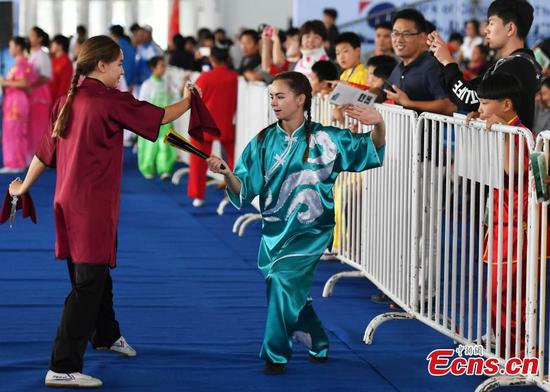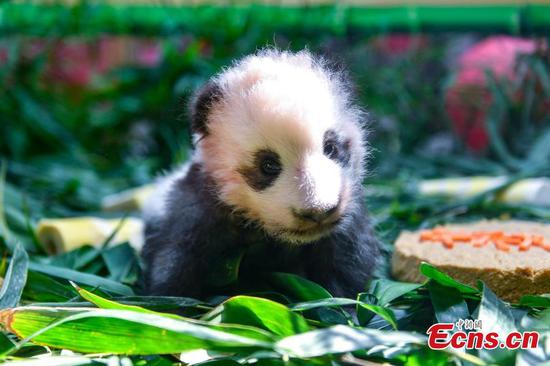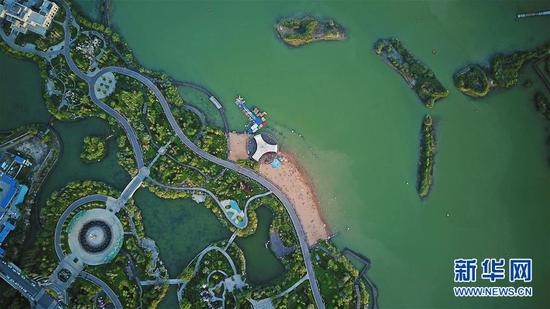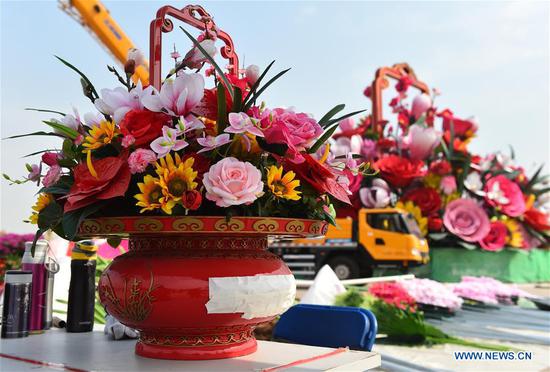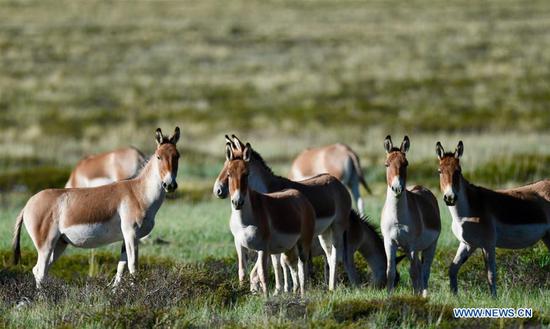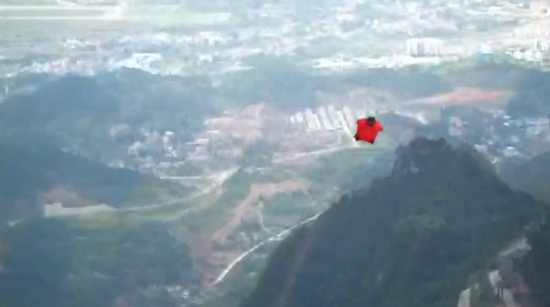Shi Xiaogang, a farmer in the city of Panjing, northeast China's Liaoning Province, found the arrival of a new festival for hundreds of millions of Chinese farmers like him a real surprise.
In fact, he almost forgot to celebrate the country's first harvest festival, since brisk crab trade had been keeping him busy at his farm in Huangdi village.
"Holidays are my workaholic days, and I almost forgot that today is the harvest festival for farmers," he said.
The festival was created in June to honor the nation's farmers. It falls on the Autumn Equinox each year during the country's most important harvest season.
Shi runs 26 hectares of rice-crab polyculture fields and expects a 30-tonne output of crabs this year. Daily sales are expected to exceed 500 kg for the upcoming mid-Autumn and National Day holidays, and Shi is getting only three hours' sleep.
But he has good reason to celebrate. Off to a bumpy start in 2008, his crab business now enjoys a good market for high-quality farm produce.
Most Chinese farmers joined Shi in marking the first harvest festival which fell on Sunday. Farmers are diligent and optimistic for the future. This year's event is special because 2018 is the start of the government's new rural vitalization strategy.
The strategy was put forward at the 19th National Congress of the Communist Party of China (CPC) last year to resolve issues concerning agriculture, the countryside and farmers, and the festival is a good way to promote it.
"A good environment should be fostered to support the development of agriculture, rural areas and to care about the wellbeing of farmers," said Vice Premier Hu Chunhua while attending activities in Beijing Sunday to celebrate the festival. Hu also called for a strong synergy to implement the rural vitalization strategy and win the battle against poverty.
China has seen rapid progress in industrialization and urbanization since the country began reform and opening-up drive 40 years ago and become the second largest economy in the world. The country, however, is still a large agricultural country and a developing one, with rural residents accounting for the majority of its population.
With only 7 percent of the world's arable land, China manages to feed 20 percent of the planet's people, thanks to hard-working Chinese farmers like Shi.
The CPC has worked to ensure that agriculture is an absolute priority, as it is an essential foundation for ruling the country, and for the people's security.
In terms of food security, China is doing more to ensure the supply of certain farm produce. For instance, planting of soybean and peanuts expanded by over 666,000 hectares this year to reduce reliance of imports.
The Ministry of Agriculture and Rural Affairs forecasts steady output. China is expected to embrace its 15th bumper harvest in a row this year.
"Annual grain production will remain above 600 million tonnes and the inventory is abundant," said Pan Wenbo, a ministry official. "We have firm control over our own food supply."









